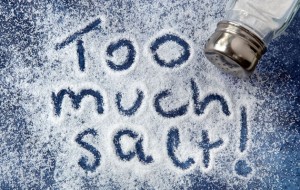Dr Cristina Cleghorn, Prof Nick Wilson, Dr Helen Eyles
There is a lot of focus on sugar-sweetened beverages (SSBs) internationally, due to their role in tooth decay, obesity and diabetes [1-3], their lack of beneficial nutrients, and potential acceptability as an intervention target [4]. Our just published study has shown that an intervention to reduce the size of all single serve SSBs would probably be cost-effective in NZ [5]. In this Blog we elaborate on the issues and consider this intervention in the context of other interventions for addressing NZ’s obesogenic environment.
Continue reading →




